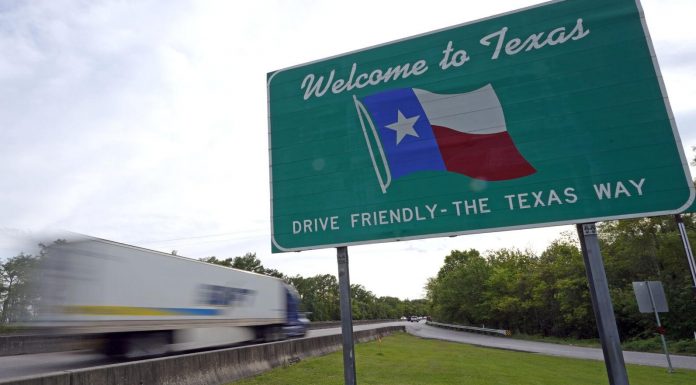(Headline USA) Attorneys who don’t want to belong to, or pay dues to, their state bar associations in Texas and Louisiana have won important battles at a federal appeals court in New Orleans.
A panel of the 5th U.S. Circuit Court of Appeals said Texas must stop requiring attorneys to join or pay dues to that state’s bar association unless and until it gives them a better opportunity to object to some of the ways the money is spent.
In a separate case, the same panel of three appellate judges revived a lawsuit in which a Louisiana attorney objected to being forced to join that state’s bar association.
That case, too, could eventually result in an order that the Louisiana State Bar Association make changes.
Both rulings were handed down Friday. They are the latest developments in least six lawsuits being pursued by lawyers in some of the 31 states requiring bar association membership as part of the states’ regulation of the legal profession.
The victories were not total. The panel rejected the idea that mandatory membership by itself violates constitutionally protected freedoms of speech and association.
In the Texas case, the panel held that compelled bar membership can be seen as constitutional under current law and Supreme Court precedent if the bar association is engaged in funding or lobbying for activities that are germane to the regulation of the legal profession.
For instance, the bar association’s lobbying to change the definition of marriage in the Texas Constitution and for the creation of civil unions was not germane, Judge Jerry Smith wrote for the panel.
However, other controversial issues could be, he added, citing diversity initiatives conducted by the Texas Bar’s Office of Minority Affairs aimed at serving minorities, women and LGBT attorneys and enhancing employment opportunities in the legal profession for those groups.
“They are aimed at ‘creating a fair and equal legal profession for minority, women, and LGBT attorneys,’ which is a form of regulating the legal profession,” Smith wrote.
But currently, Smith wrote, “The Bar does not furnish Texas attorneys with meaningful notice regarding how their dues will be spent.” It also leaves them with few workable options to express disapproval and obtain refunds of their dues.
In Louisiana, attorney Randy Boudreaux’s lawsuit said he opposed his dues going to pay for political activity, specifically citing issues including the Louisiana State Bar Association resolutions opposing the death penalty and the association’s lobbying efforts against requiring judges to file financial statements and allowing school personnel to carry firearms on campuses, among other issues.
A lower court judge dismissed Boudreaux’s complaint in January 2020.
Judge Don Willett, writing for the 5th Circuit panel in the Louisiana case, said the judge was wrong on multiple grounds and ordered him to take another look at whether the Louisiana State Bar Association engages in “non-germane activity” that Boudreaux shouldn’t be made to help fund through his dues.
Smith was nominated to the 5th Circuit by President Ronald Reagan. Willett and Judge Kyle Duncan, the third member of the panel that ruled Friday, were nominated by President Donald Trump.
Adapted from reporting by the Associated Press.

